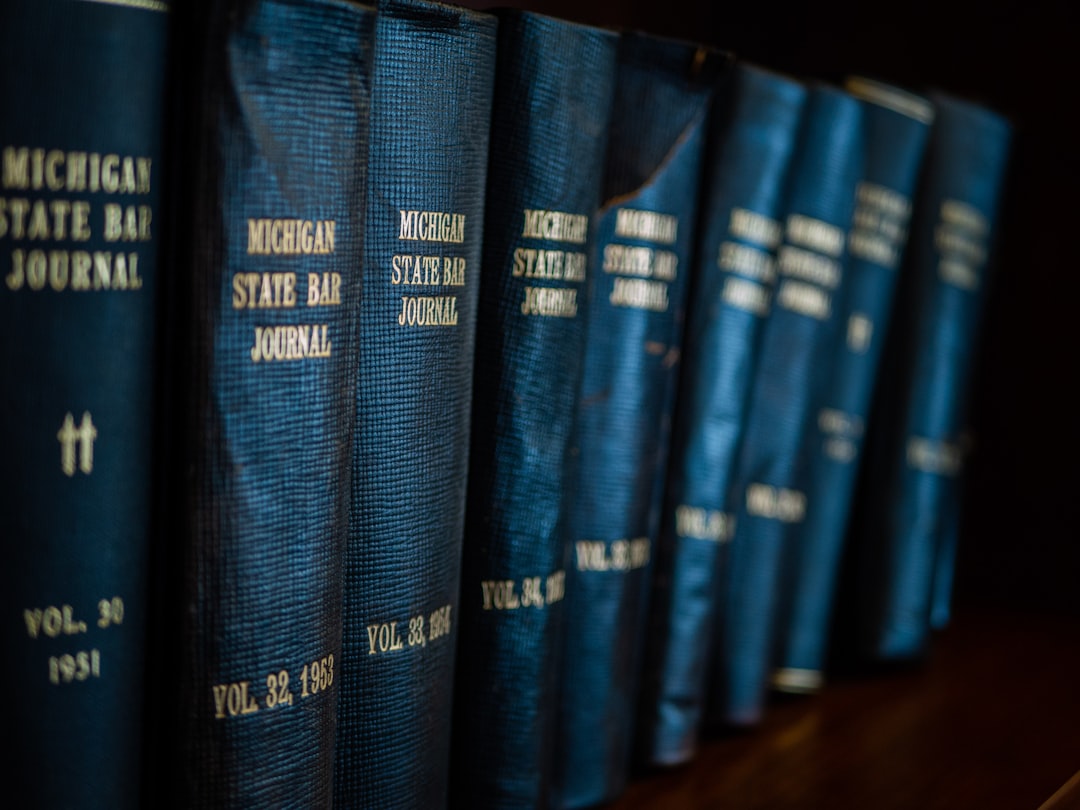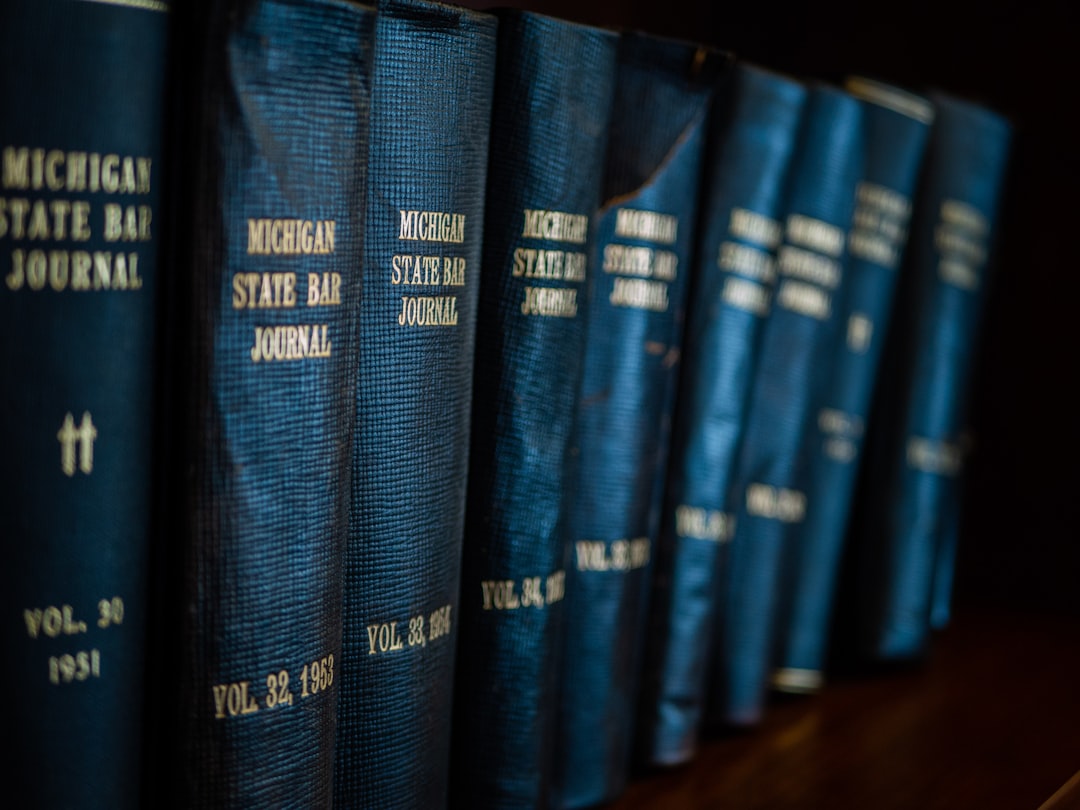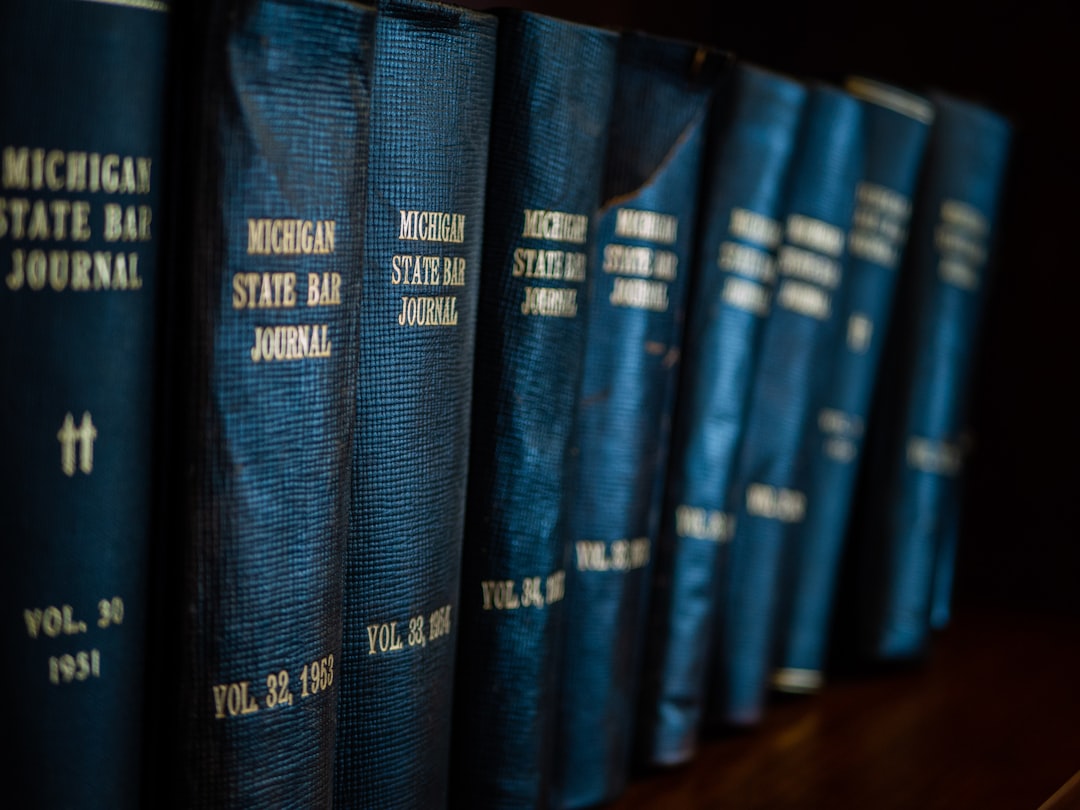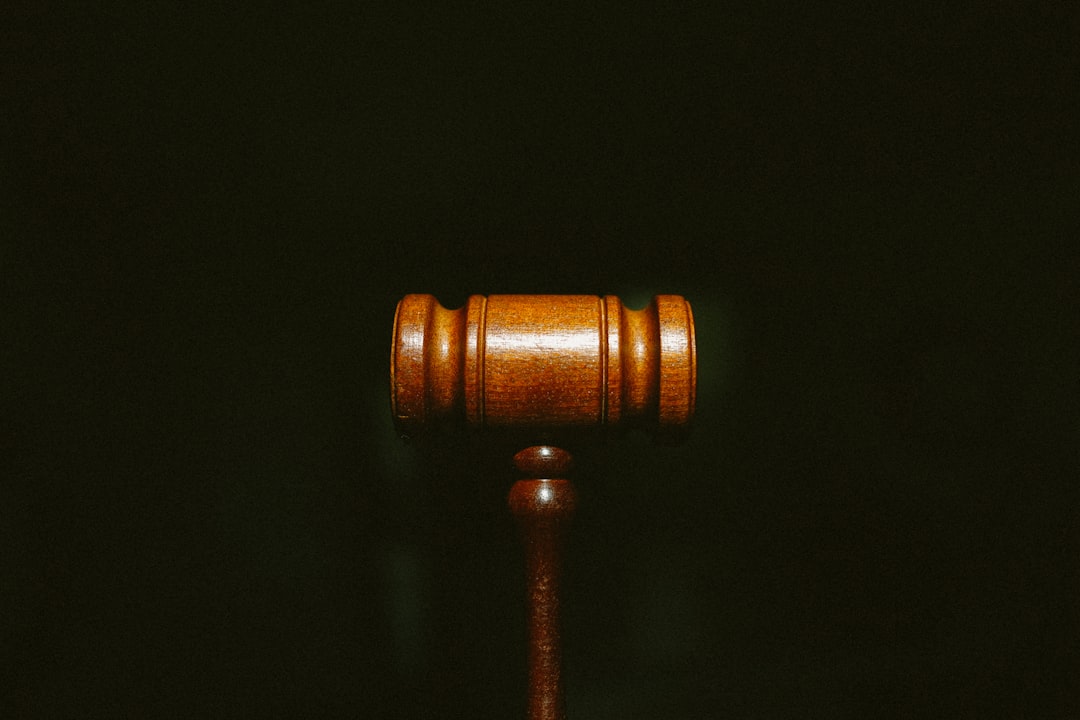Florida's robust child protection laws prioritize safeguarding minors from sexual abuse in educational institutions. Training teachers and staff on recognition is key. Teaching personal boundaries and fostering open dialogue empowers children to identify and report inappropriate behavior. Active parental involvement in monitoring school activities and interactions is crucial. Recognizing red flags like behavioral changes or trauma signs prompts immediate reporting to authorities, with mandatory reporting for educators. If abuse occurs, consult a Florida school abuse lawyer for legal guidance, support, and justice while ensuring your child's recovery and accountability.
Protecting our children from sexual abuse is a top priority, especially within Florida’s educational institutions. This comprehensive guide offers essential tips for parents navigating the complex landscape of child safety in schools. From understanding stringent Florida laws on child protection to empowering kids with knowledge about personal boundaries, we explore effective strategies. Learn how to monitor school activities, identify red flags, and report concerns promptly. Additionally, discover your legal rights and crucial steps to take if your child has experienced school abuse. Seek expert advice from a school abuse lawyer in Florida for guidance tailored to your unique situation.
Understanding Florida's Laws on Child Protection

In Florida, child protection laws are in place to safeguard minors from any form of exploitation, including sexual abuse within educational institutions. Understanding these laws is a crucial step for parents and guardians in ensuring their children’s safety. A school abuse lawyer in Florida can provide valuable insights into the legal framework designed to protect vulnerable students.
The state has stringent regulations that establish clear guidelines on reporting suspected child abuse, mandating teachers, staff, and administrators to undergo training to recognize potential signs of abuse or exploitation. Furthermore, these laws delineate severe consequences for individuals found guilty of sexual misconduct against minors in school settings, emphasizing the seriousness with which Florida takes such matters.
Educating Children About Personal Boundaries

Teaching children about personal boundaries is a crucial step in protecting them from potential sexual abuse, especially within the context of Florida schools. Educate your kids that their bodies are their own and they have the right to set limits. Help them identify private parts of their body and explain that no one should touch or view these areas without their permission. Encourage open communication by creating a safe space for them to ask questions and express concerns.
Promote healthy relationships and consent by teaching children that respect is mutual. Explain that personal boundaries apply in all interactions, including friendships and romantic interests. A school abuse lawyer in Florida can provide additional resources and guidance on age-appropriate conversations to foster a culture of consent and self-awareness among students.
Monitoring School Activities and Interactions

Monitoring your child’s activities and interactions at school is a vital step in safeguarding them from potential sexual abuse. As a parent, stay involved in their daily routines and social circles. Pay attention to any changes in behavior or new friends they might make. Florida schools often organize various events, trips, and after-school programs, so it’s essential to know about these activities and who will be supervising them.
Consider meeting with teachers, coaches, or other staff members to discuss safety protocols and boundaries. You can also encourage your child to speak openly about their experiences and ensure they understand that reporting any uncomfortable situations or interactions is acceptable. A school abuse lawyer in Florida can provide further guidance on advocating for your child’s safety and understanding the legal rights involved.
Recognizing Red Flags and Reporting Concerns

Recognizing potential red flags is an essential first step in protecting your child from sexual abuse within Florida schools. Teachers, administrators, and staff members may notice unusual behaviors or interactions that signal a possible issue. These could include a student displaying sudden changes in behavior, withdrawal from activities, or exhibiting signs of trauma such as bedwetting or nightmares. If a parent or guardian observes any concerning patterns, it is crucial to trust their instincts and report these observations to the appropriate authorities.
In Florida, reporting child abuse is mandatory for certain individuals, including educators and staff members. When concerns arise, parents should immediately contact their school’s designated liaison or the local law enforcement agency. A school abuse lawyer in Florida can also guide parents on the legal aspects of reporting and ensure that their rights are protected during this sensitive process. Quick action can make a significant difference in preventing potential harm and ensuring the safety of children in educational settings.
Legal Rights and Steps After an Incident

If your child has been a victim of sexual abuse within a Florida school, it’s crucial to understand your legal rights and take immediate steps. The first course of action is to report the incident to local law enforcement and the school administration. Documenting everything – from the timeline of events to any evidence or witness statements – is essential. You’ll want to consult with a qualified school abuse Lawyer Florida who can guide you through the legal process, help ensure your child receives adequate support, and advocate for justice.
Seeking medical attention for your child is also paramount. A forensic exam can gather evidence that may be crucial for any potential legal case. Furthermore, connect with local support groups and therapy services to assist in the emotional recovery of your family. Remember, acting swiftly and collaboratively with authorities, professionals, and legal counsel increases the chances of holding perpetrators accountable and protecting other potential victims within the school system.





